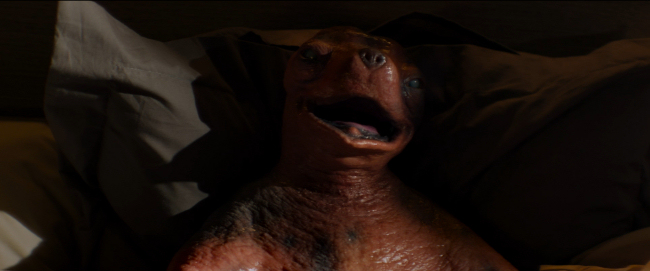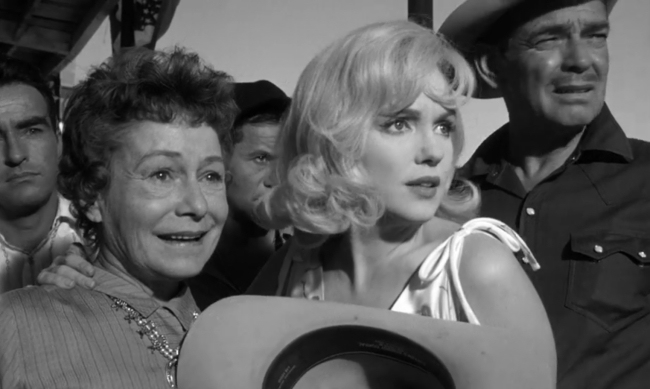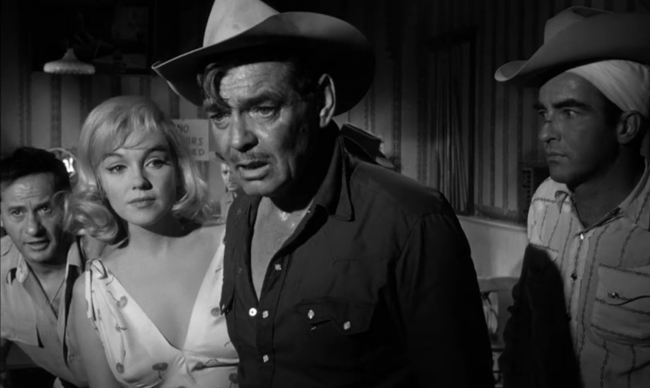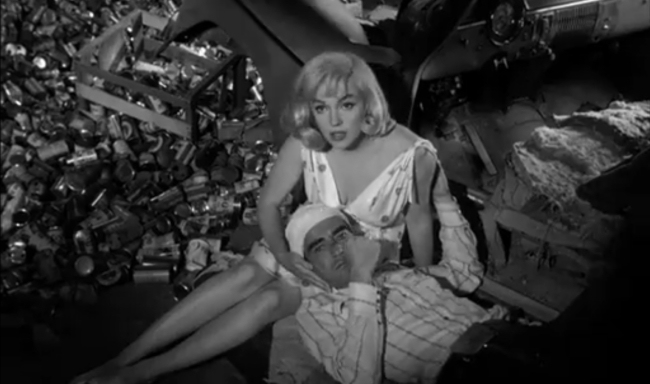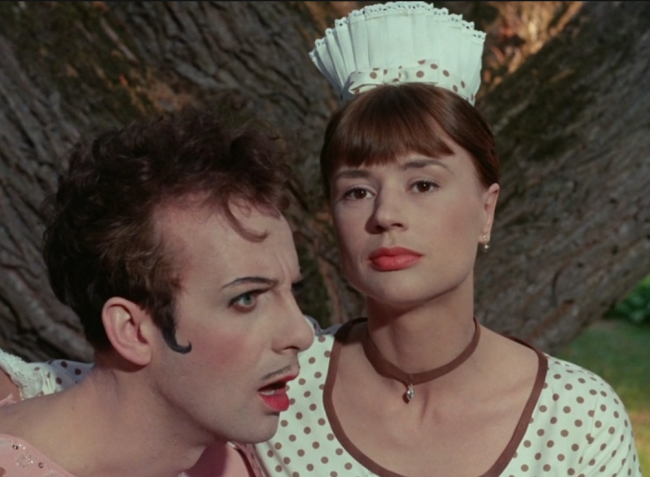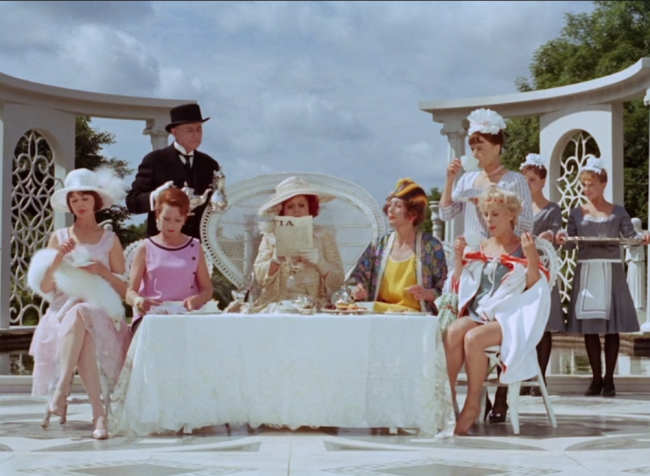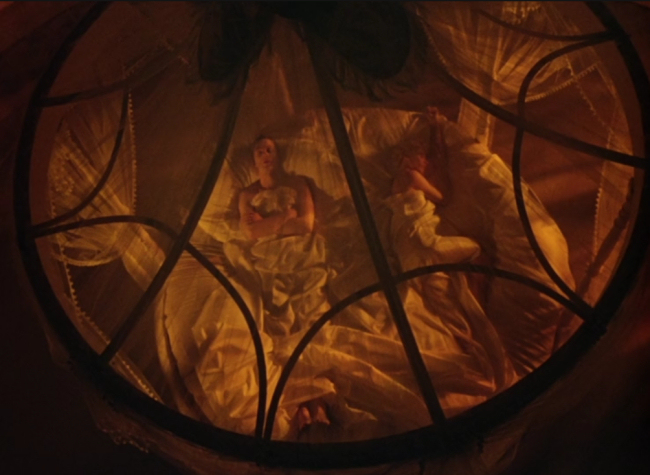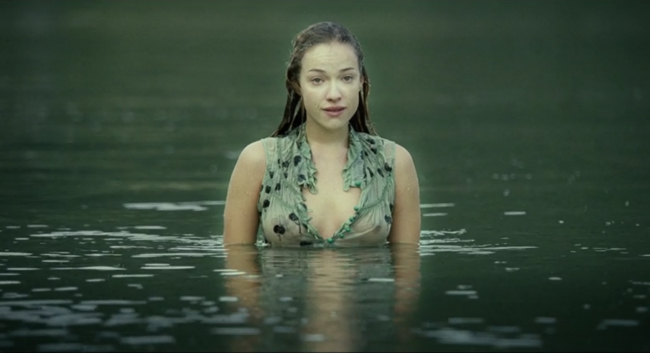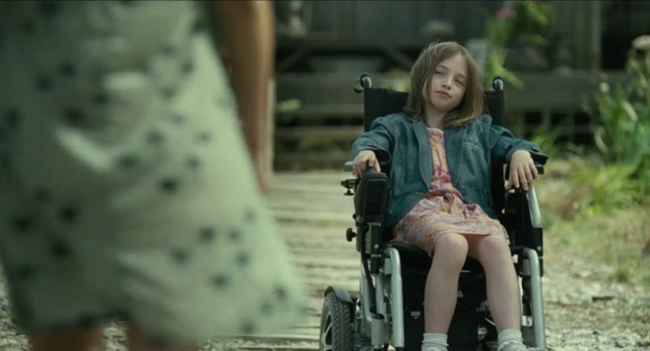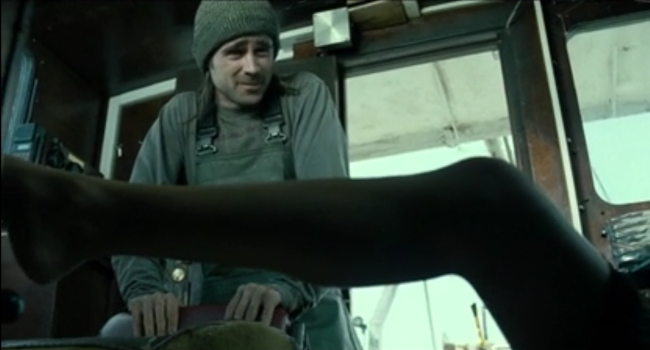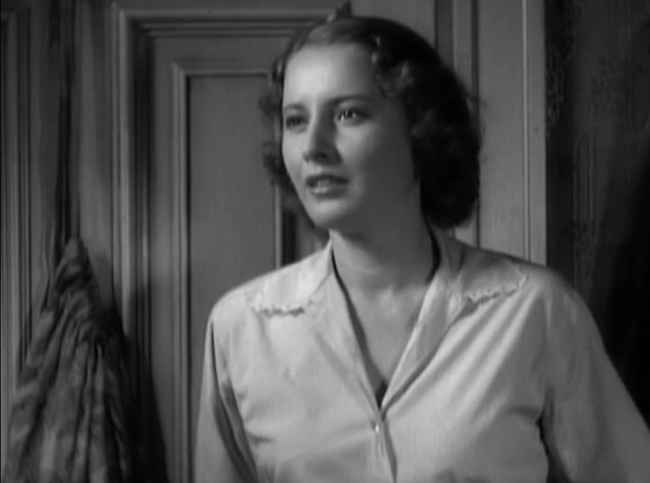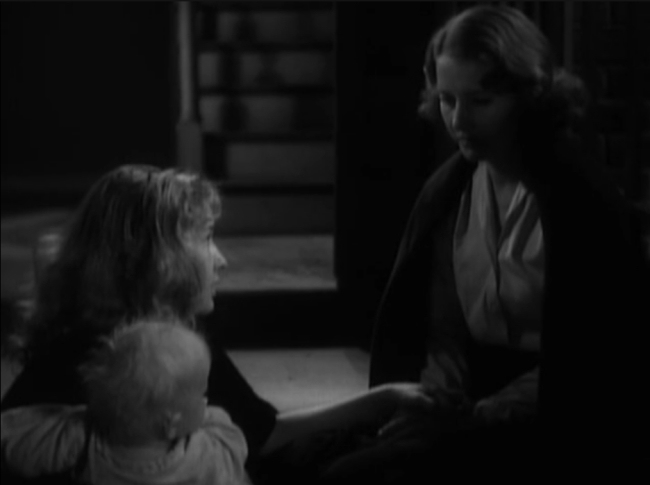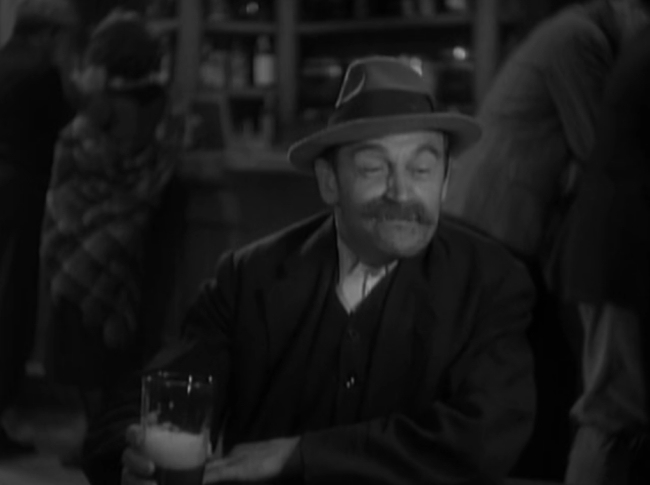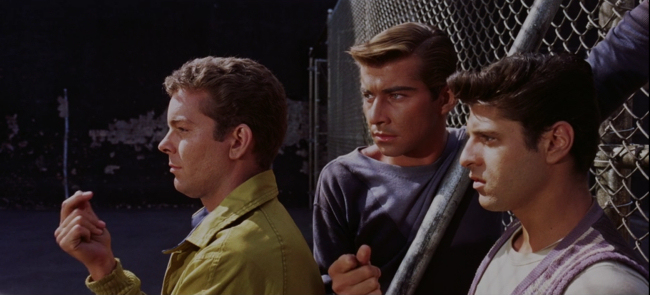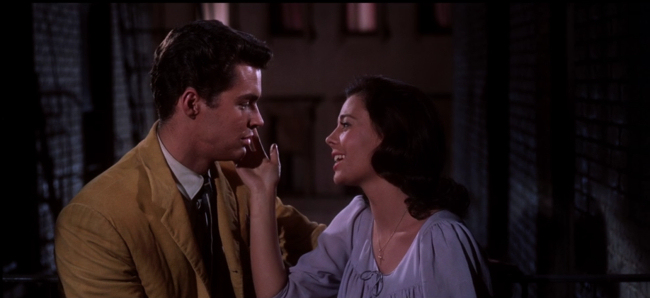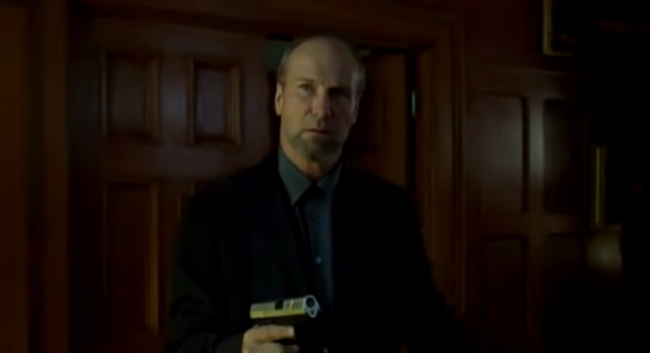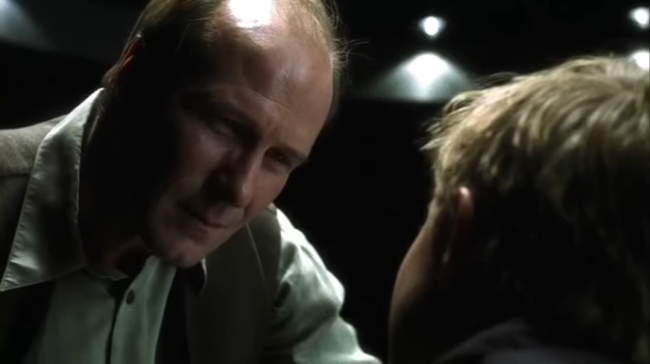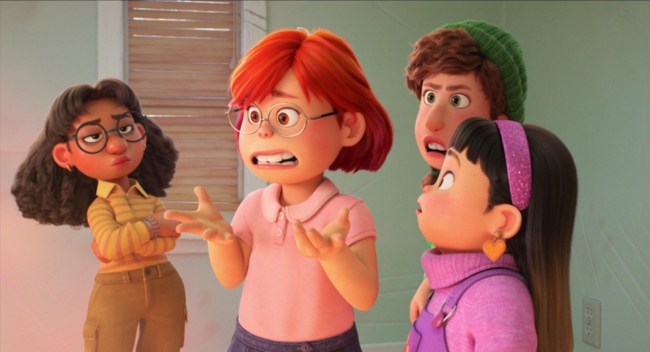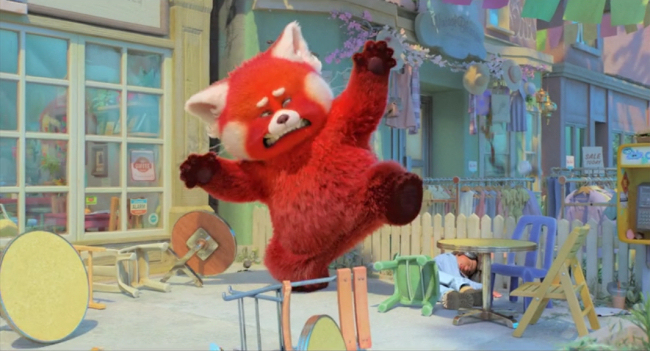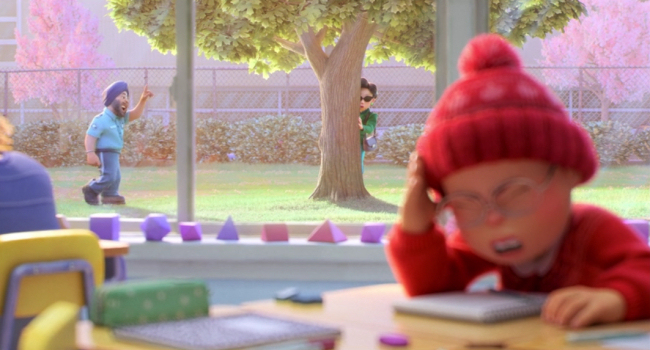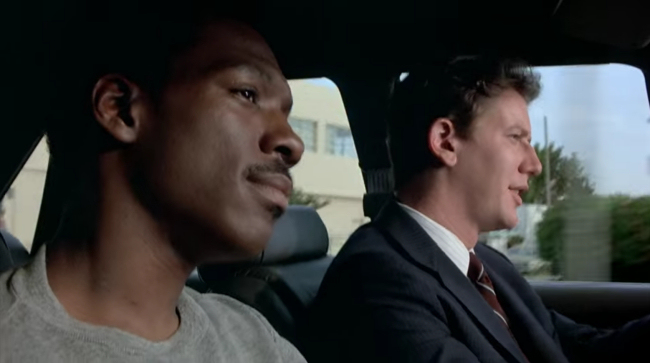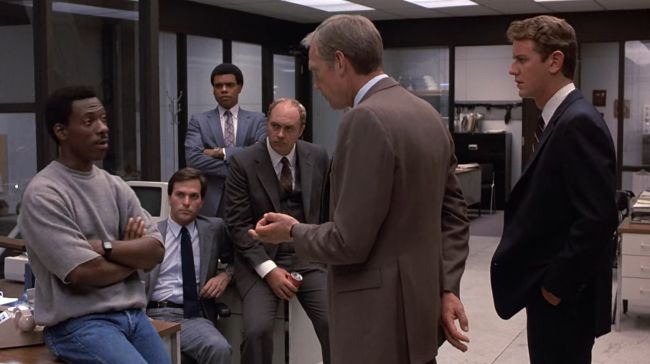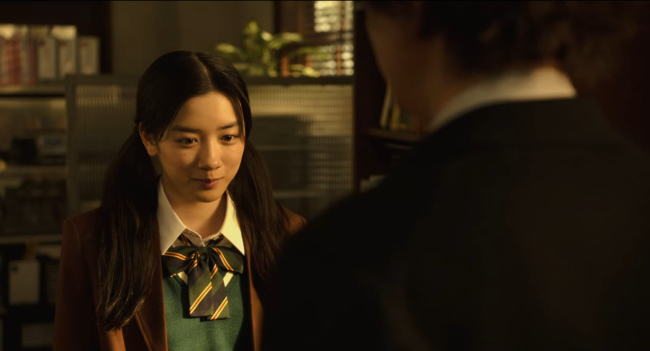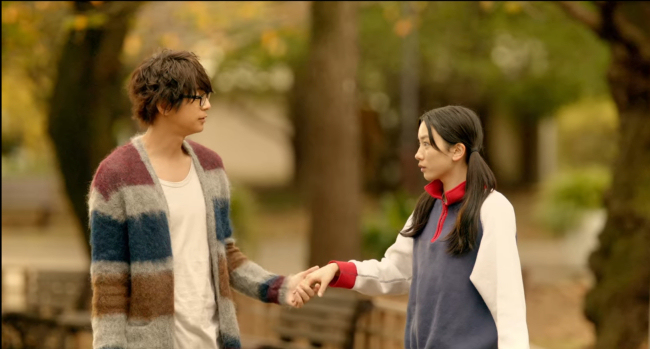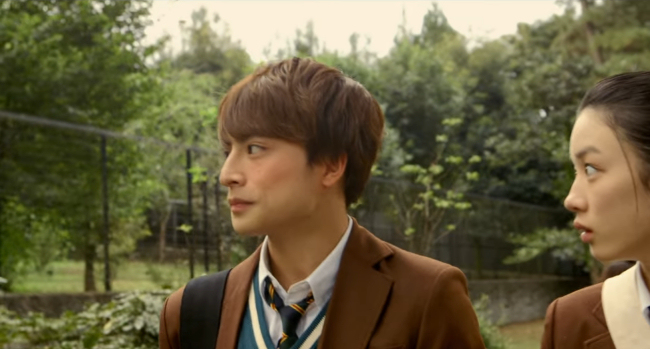
Once again, another man dons the cowl and beats up bad guys in Gotham City, and this time he's Robert Pattinson. 2022's The Batman has neither the anxious realism of Christopher Nolan's Dark Knight nor the outright fantasy of Burton's films, coming somewhere in between. The result is a decent, kind of cosy Batman film. Director Matt Reeves' muse seems like a marble that circles in the funnel of Batman expectations to settle in the middle of what everyone is comfortable with. So, on the same token, it takes the fewest risks of any Batman film I've seen. But it's a decent way to spend three hours.
The strongest part of the film, for me (and a lot of other critics), is Michael Giacchino's score. Nirvana's "Something in the Way" is significantly featured in he film and Giacchino's grim, minor key, bass heavy score flows perfectly with it (though Giacchino claims it's a complete coincidence).

It serves to help create a sense of Gotham City as a place with an identity distinct from any real world city, something no filmmaker has really managed since Tim Burton. Reeves' Gotham is a place of dim copper light and Expressionistic shadows. Greig Fraser, the cinematographer behind Rogue One and the recent Dune, delivers once again.
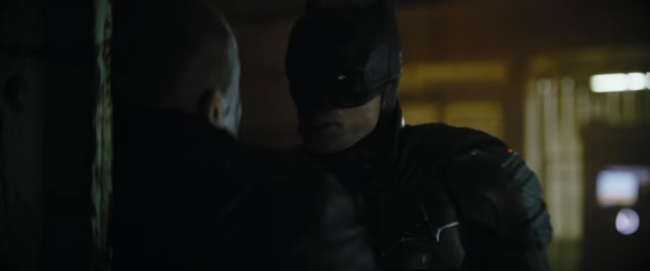
Pattinson's Batman is a younger and much angrier take on the role than we've ever seen on film. Part of the point of the plot is that his Bruce Wayne is like a malnourished limb while all the nutrients are poured into his masked persona. He's consumed with the desire to fight an unending tide of criminality. Here's where an R rating would've helped this film tremendously. To help us get into Batman's mindset, it would have really helped for the audience to be oppressed a bit by the grim, unrelenting details of crime in the city. Instead, we go straight to a sequence about how Batman uses psychological tactics, making criminals believe that every shadow could be Batman.

Which is great but would've been better if it had been a response to just how scary Gotham is. Similarly, there's the cool car chase from the trailer where Batman just can't be stopped in his pursuit of the Penguin (Colin Farrell). It would've been much better if we'd had some idea of just what the Penguin's guilty of at that point, maybe a few very loathsome things that make us hate him so much that Batman's victory is a catharsis.
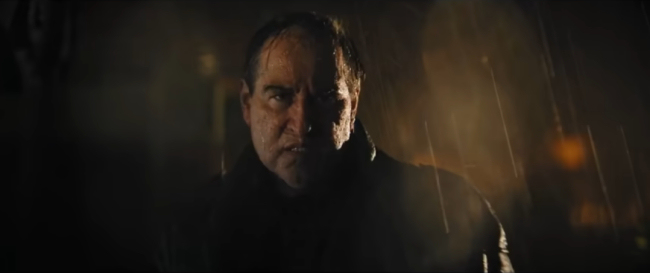
Farrell's performance is certainly the most interesting in the film, though he's basically doing a Robert De Niro impression. But there are plenty of good performances in the film. Jeffrey Wright is solid as Gordon as is Andy Serkis as Alfred. Paul Dano as the Riddler has one excellent moment when he realises he was wrong about something regarding Batman. Pattinson is fine as Batman. He's neither the revelation Michael Keaton's oddball casting was nor the pure force of nature Christian Bale is. Pattinson and the suit accomplish a lot with mere physical presence and one of the best ideas this film has is that Batman can accomplish a lot when he does very little.
Zoe Kravitz gives an adequate performance as Catwoman but the script doesn't make much of her. It's not quite clear to me why she needs to be Catwoman, she could easily have been just any ordinary young woman who happens to get mixed up in all this. She's certainly never at any moment in the villain category.
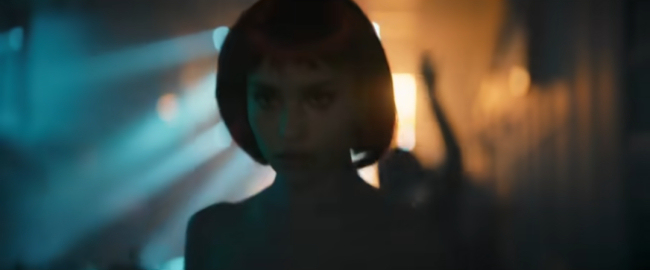
I would have liked some idea of how the general populace viewed Batman. There are some headlines and plenty of comments from the cops but, unlike the Nolan movies, you never get a sense of whether the people of Gotham consider him a hero or a menace or if there's debate about it. This becomes a problem when the final act of the film hinges on the impression Batman creates in both his foes and the ordinary denizens of Gotham. There's a nice moment where Batman realises he needs to expand his repertoire that would've been much better if we knew how most people thought of him.
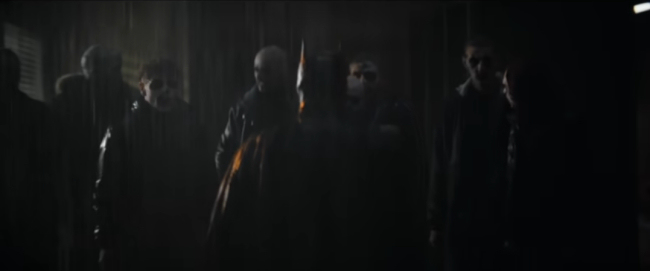
The fight scenes are good and, like with the Ben Affleck iteration, they were clearly influenced by the Arkham Asylum video games, much to their credit.
Overall, this movie's like putting on a comfortable old shoe. It so much has the tone of an average issue of the comic or episode of the animated series, it feels instantly familiar. There are few surprises but sometimes it's nice to know what to expect.
Twitter Sonnet #1531
Another paper's pasted over blinks.
A burning brand absorbed the talk of Force.
A solemn setting ruined Mister Binks.
Computer changes hid the earthly horse.
A baby key was kept before the light.
The power song was lost behind the tank.
A scarlet moon observed the panda's plight.
A plastic sword advanced another rank.
Familiar faces soak in copper pools.
The heat required melts the waffle cone.
But March arrives and Duchess cools.
The waiting pepper pot engaged the tone.
The city copper floods behind the eyes.
The ark was baked in ham asylum pies.


